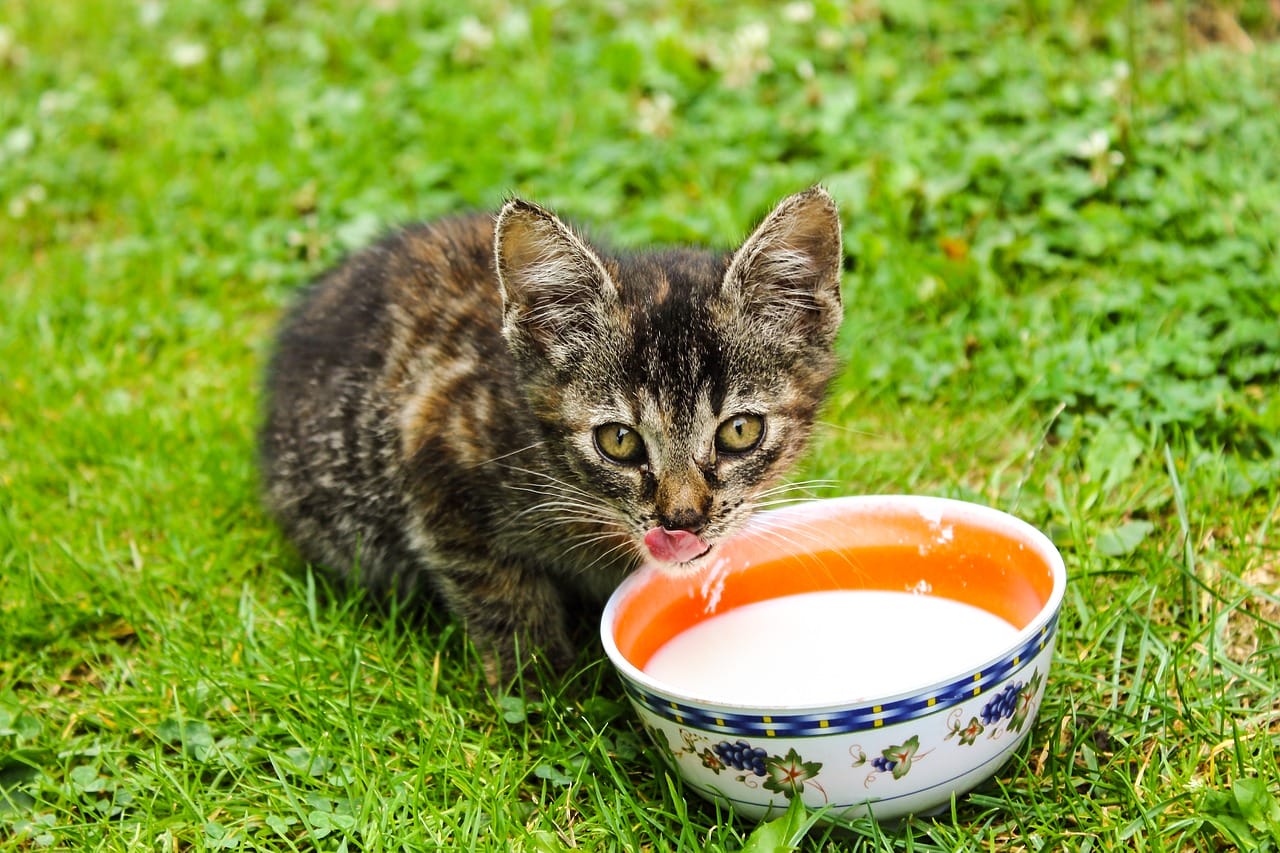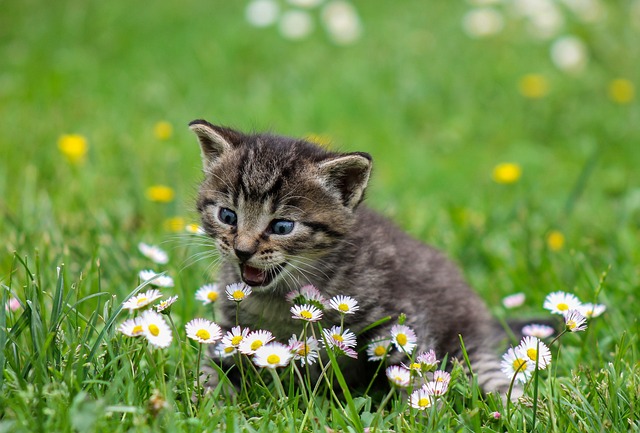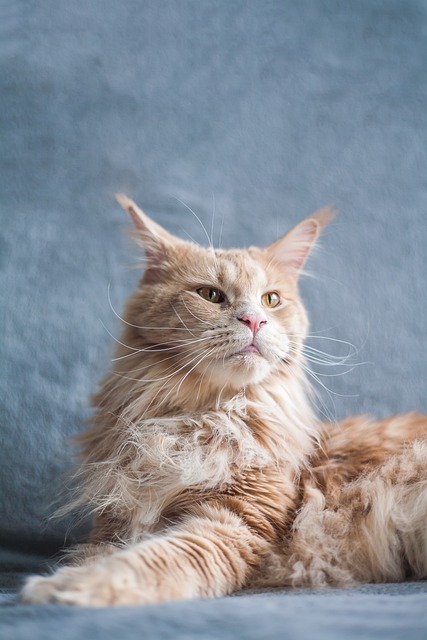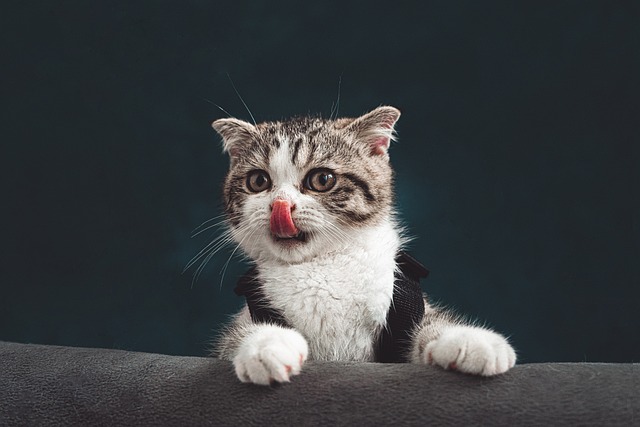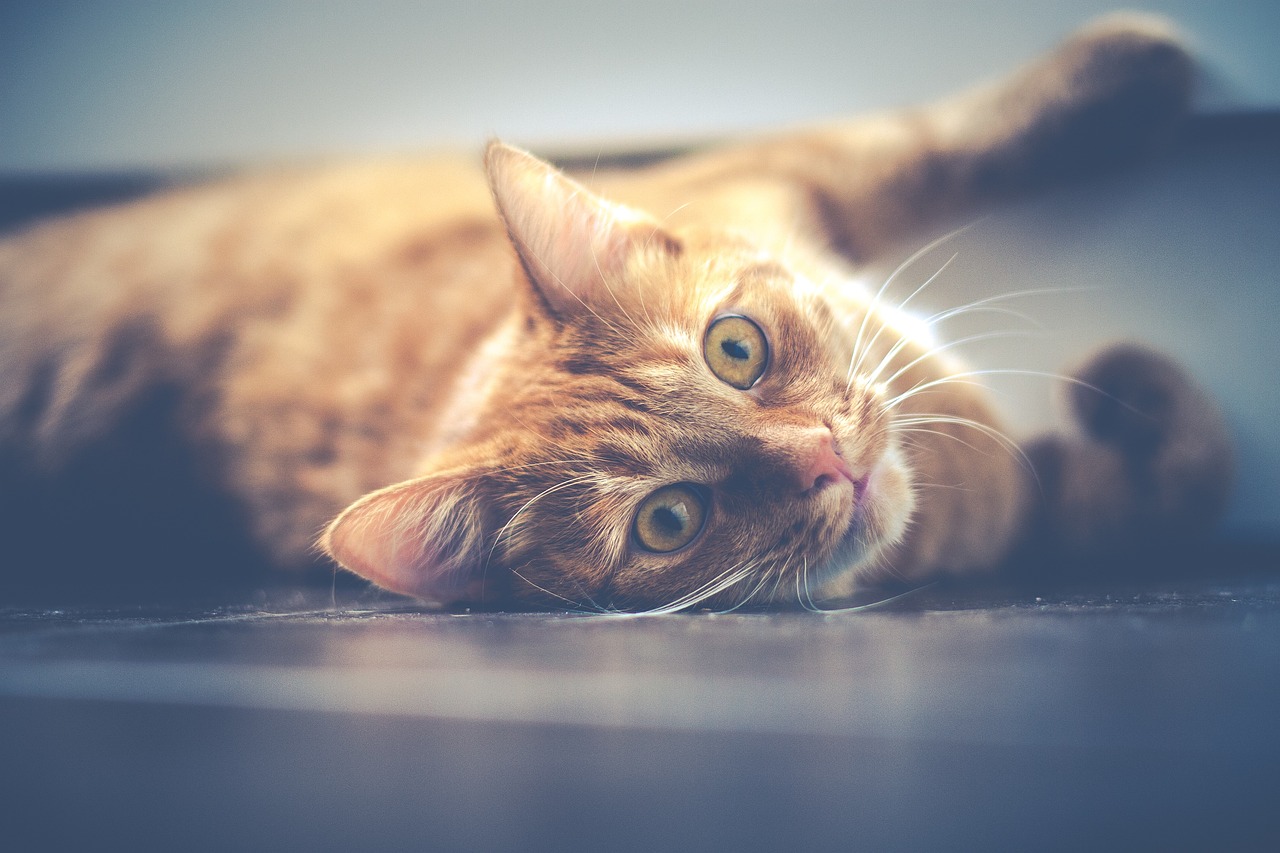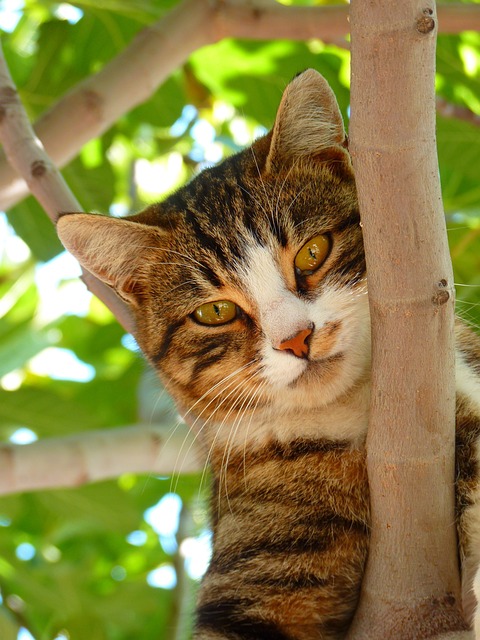Cats’ dietary habits have long been a subject of fascination among pet owners. One common question that arises is whether cats are lactose intolerant. In this comprehensive guide, we delve into the truth behind cats’ ability to digest lactose and explore the implications for their dietary needs.
Exploring Feline Digestive Systems
Understanding the intricacies of a cat’s digestive tract is crucial to unraveling the mystery of lactose intolerance in felines. Unlike humans, cats possess unique digestive anatomy that influences their ability to process lactose. Evolutionary adaptations have shaped cats’ digestive systems to suit their carnivorous nature, leading to differences in lactose tolerance compared to humans.
Understanding Lactose Intolerance
Lactose intolerance is a common condition characterized by the inability to digest lactose, the sugar found in milk and dairy products. In cats, the presence of lactase, the enzyme responsible for lactose digestion, varies among individuals. While some cats may produce sufficient lactase to digest lactose without issues, others may experience discomfort and digestive upset.
Debunking Myths and Misconceptions
Dispelling misconceptions surrounding cats’ relationship with milk is essential. Contrary to popular belief, not all cats can tolerate milk. Feeding dairy products to lactose-intolerant cats can lead to gastrointestinal distress, including diarrhea, vomiting, and abdominal discomfort. Understanding the risks associated with lactose consumption is crucial for responsible cat ownership.
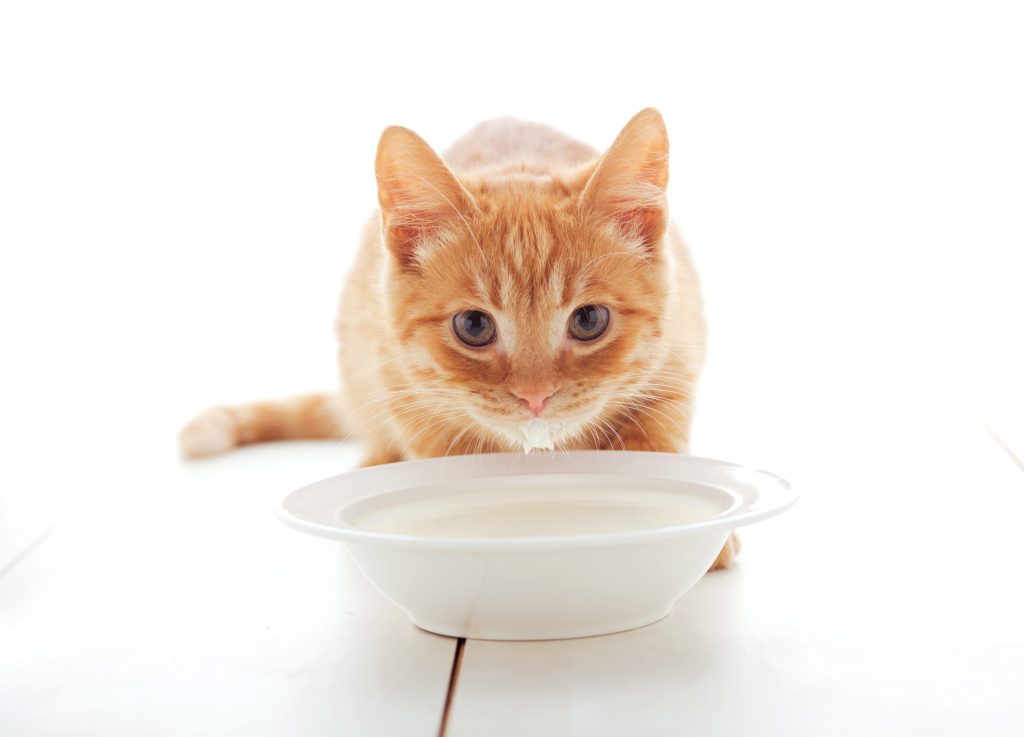
Symptoms Of Lactose Intolerance
The symptoms of lactose intolerance in cats are similar to those in humans. They occur after consuming lactose-containing dairy products and may include:
- Diarrhea: Loose or watery stools may occur shortly after ingesting dairy products.
- Vomiting: Some cats may vomit after consuming dairy if they are lactose intolerant.
- Gas and Flatulence: Cats with lactose intolerance may experience excessive gas or flatulence.
- Abdominal Discomfort: Cats may exhibit signs of abdominal discomfort, such as restlessness, discomfort, or sensitivity when their abdomen is touched.
- Decreased Appetite: Digestive discomfort may lead to a decreased appetite or reluctance to eat.
It’s important to note that lactose intolerance can vary in severity among individual cats. Some cats may experience mild symptoms, while others may have more severe reactions. If you suspect your cat is lactose intolerant, it’s best to avoid giving them dairy products and consult with your veterinarian for guidance on managing their dietary needs.
Can Cats Drink Milk Alternatives?
Yes, cats can drink some milk alternatives, but not all of them are suitable or safe for cats. While cats are known to enjoy the taste of milk, many adult cats are lactose intolerant, meaning they lack the enzyme lactase necessary to properly digest lactose, the sugar found in milk.
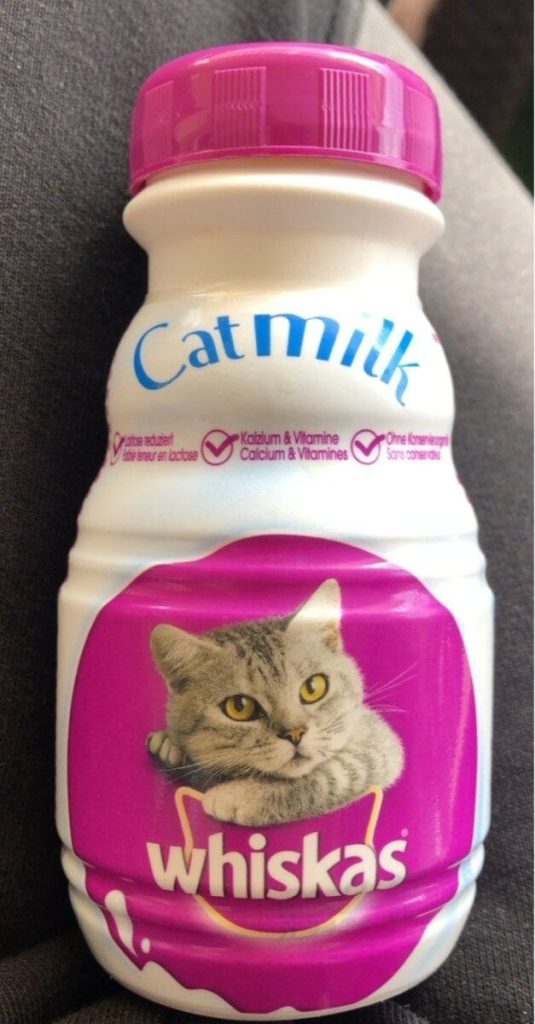
Some milk alternatives, such as lactose-free cow’s milk or specially formulated cat milk, are designed for cats and can be given to them in moderation as an occasional treat. However, other plant-based milk alternatives like almond milk, soy milk, or oat milk are not suitable for cats. These milk alternatives may contain additives, sugars, or other ingredients that could be harmful to cats, and they lack the essential nutrients that cats need for their diet.
Can Kittens Have Milk?
Yes, kittens can have milk, but it’s important to provide them with the right kind of milk. While kittens naturally drink their mother’s milk during the first few weeks of life, there are situations where they may need a milk substitute.
Kitten milk replacers (KMR) are specially formulated to mimic the nutritional composition of a mother cat’s milk. These milk replacers typically contain a balance of proteins, fats, carbohydrates, vitamins, and minerals. These nutrients are essential for a kitten’s growth and development. They are designed to be easily digestible and are lactose-free or contain reduced levels of lactose, which is important because many kittens, like adult cats, can be lactose intolerant.
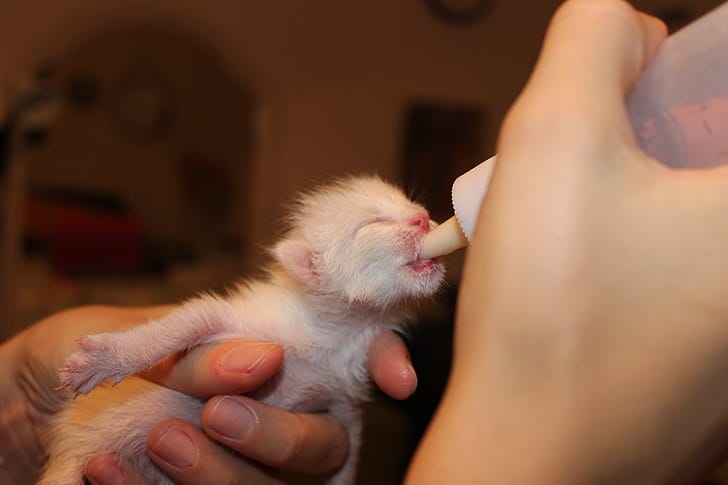
If a kitten is orphaned, abandoned, or not able to nurse from its mother for any reason, a milk replacer formulated specifically for kittens should be used. It’s essential to follow the manufacturer’s instructions for proper feeding and dilution ratios. Also, you need to consult with a veterinarian for guidance on caring for orphaned or hand-reared kittens.
what To Do If Your Cat Is Affected
If you suspect that your cat is lactose intolerant, it’s best to avoid giving them any dairy products, including cow’s milk. Here are some steps you can take if your cat is affected by lactose intolerance:
- Switch to Lactose-Free Milk: Consider switching to a lactose-free cat milk or a lactose-free cow’s milk substitute specifically formulated for cats. These products are designed to be easier on the digestive system of lactose-intolerant cats.
- Provide Fresh Water: Make sure your cat has access to fresh water at all times. Water is essential for keeping your cat hydrated, especially if they are not consuming milk.
- Choose Lactose-Free Treats: If you like to give your cat treats, opt for lactose-free options or treats that are specifically designed for cats and do not contain dairy.
- Consult with a Veterinarian: If you suspect your cat has lactose intolerance or if they are experiencing digestive issues, it’s important to consult with your veterinarian. They can provide guidance on managing your cat’s dietary needs and may recommend specific products or dietary changes.
- Monitor Symptoms: Keep an eye out for symptoms of lactose intolerance. Symptoms include diarrhea, vomiting, gas, or bloating, after your cat consumes dairy products. If you notice any of these symptoms, it’s best to avoid giving your cat dairy in the future.
Practical Tips for Cat Owners
For cat owners concerned about their feline friends’ digestive health, opting for lactose-free alternatives is the safest choice. Lactose-free cat treats and specially formulated cat milk products offer a delicious yet gentle option for cats with lactose intolerance. Monitoring cats’ digestive health and consulting a veterinarian for dietary recommendations are key steps in promoting overall well-being.
Conclusion
In conclusion, while cats’ love for milk is well-known, it’s essential to recognize the potential risks of lactose intolerance. By understanding cats’ unique dietary needs and respecting their digestive limitations, pet owners can ensure the optimal health and happiness of their beloved feline companions.

